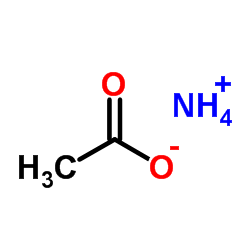| 结构式 | 名称/CAS号 | 全部文献 |
|---|---|---|
 |
乙酸铵
CAS:631-61-8 |
|
 |
刀豆凝集素A
CAS:11028-71-0 |
|
 |
亲合素 来源于鸡蛋白
CAS:1405-69-2 |